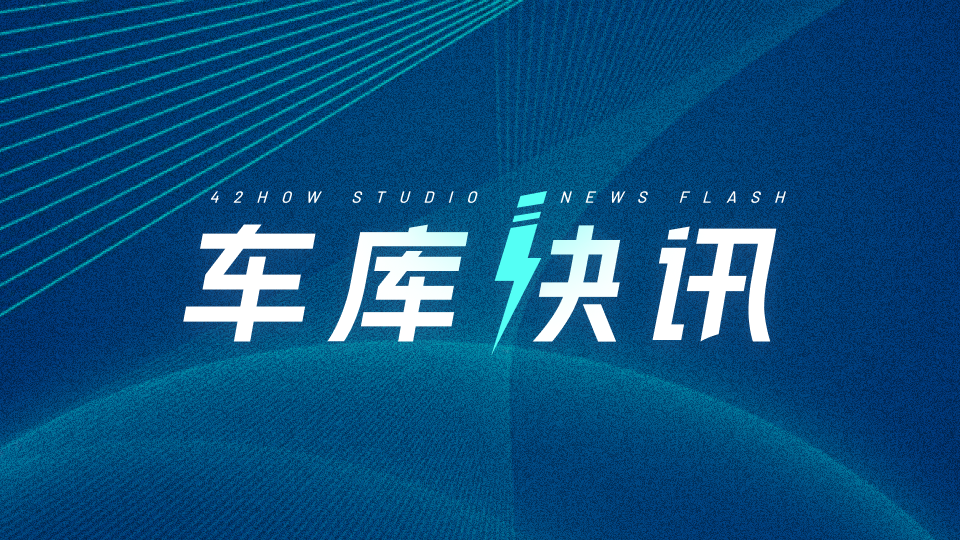On July 6th, Shen Fei, the Senior Vice President of NIO, gave a speech at a sub-forum of the 2024 World Artificial Intelligence Conference, detailedly presenting on the battery-as-a-service model of NIO’s energy division and its practical applications in areas such as charge-swap network layout, virtual power plants, and local energy management. Shen argued that the advancement of AI technology has triggered the convergence of the automobile, battery, and energy power industries, fostering novel business models.
NIO Energy has established a nationwide charge-swap network open for industry sharing. Electric vehicles, as platforms of technological innovation across various fields, are becoming significant drivers of economic growth. The intelligence and electrification of new energy vehicles are further propelling the integration of energy and vehicular networks. This integration refers to the convergence of transportation services, infrastructure, information, and energy networks. Intelligent electric vehicles link the energy supply and demand sides of transportation systems, becoming vital links in energy-network-car interaction.
As of July 6th, the 1,767 charging stations under NIO Energy’s purview have been involved in off-peak electricity grid charging, accumulating an off-peak power total exceeding 330,000,000 kWh. NIO Energy has played a part in virtual power plants and secondary frequency markets domestically and internationally, cooperating with grid enterprises and park companies to conduct customer-side energy management, creating low-carbon service zones and microgrids based on electric vehicle charging and discharging.
In the field of upgrading charging technology and product development, NIO Energy continues to invest, building 2,442 charging stations and 22,818 charging piles, thus becoming the world’s largest operator of intelligent electric vehicle charging networks. NIO Energy has also reached strategic charge-and-swap collaborations with several business entities across the automobile and energy power industries, promoting the integration of energy and vehicular networks.
NIO’s charging stations participate in the regulation of the electricity grid as ‘virtual power plants,’ providing auxiliary frequency regulation services, and discharging power to the grid. Shen Fei argues that the Battery-as-a-Service and exchange models have turned power batteries into independent mobile energy carriers, and charging stations into energy storage nodes of vehicular network interaction. NIO Energy will work with partners to advance the ‘Vehicle-Energy-Road-Cloud’ integrated ecosystem to further the high-quality development of the intelligent electric vehicle industry.
This article is a translation by AI of a Chinese report from 42HOW. If you have any questions about it, please email bd@42how.com.
